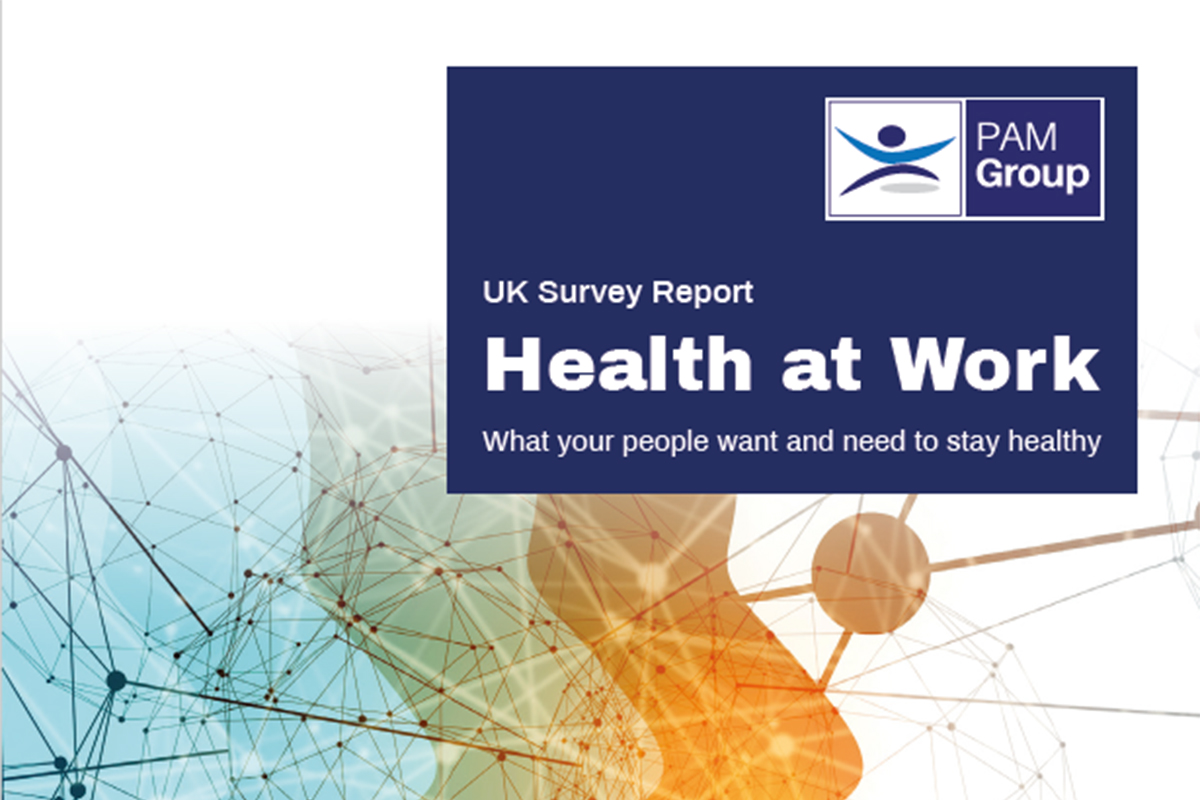What your people want and need to stay healthy
Research carried out for our Health at Work Report looks at the issues most undermining employee health, as well as what employees want and need to stay healthy. Our nationwide survey found that mental health remains the biggest barrier to employee wellbeing:
- Almost two thirds (64%) of employees have experienced burnout or fatigue
- One in four (25%) employees have been diagnosed with clinical anxiety or depression
- Seven out of ten (72%) have felt anxious and almost two thirds (64%) have felt depressed
Employees have also been significantly impacted affected by the NHS backlog and bereavement:
- One in two (51%) have been affected by delays accessing the NHS
- One in ten (11%) have been extremely affected by operation cancellations
- Two in five (41%) employees were affected by the death of a colleague or loved one
Where proactive support was given to support employees, this generated business benefits that went far beyond simply reducing sickness absence:
- One in two (51%) employees given proactive help to stay healthy are less likely to want to work elsewhere, compared to one in twenty (6%) given little or no support
- Almost half (47%) of those proactively helped to stay healthy feel very productive, compared to just one in ten (11%) of those given little or no wellbeing support
Employees see benefits that help them to stay healthy as being the most valuable:
- Two-fifths (40%) of employees want help to sustain a good work-life balance
- One in three (35%) see a supportive manager as the next most important thing
- Two in five (42%) see apps that help them self-manage conditions as valuable

Five key trends emerged as being the most important to boosting the health of the workforce going forward. The Health at Work Guide contains expert advice and tips on how to go about:
- Focusing on prevention before cure – to help employees stay healthy
- Making sure benefits are diverse – to ensure benefits are inclusive
- Providing digital solutions – to empower employees to help themselves
- Creating a culture of health – to increase employee loyalty and productivity
- Boosting mental health – to address the main issue undermining wellbeing
Louise Abbs, managing director, PAM Wellbeing, says:
“Nearly nine out of ten employees (86%) now believe their employer is responsible for their health and wellbeing. One in two people who are proactively helped to stay healthy are less likely to want to work elsewhere, compared to just one in twenty of those who had little or no support from their employer. They are also significantly more productive, showing the business benefits associated with a proactive approach to health and wellbeing go far beyond simply reducing sickness absence.”
“Unfortunately, following a year in which two thirds of employees experienced fatigue and burnout and one in four were diagnosed with clinical anxiety or depression, employers are struggling to stay on top of mental health. Two-fifths of employees believe working for their employer has undermined their health or made them sick, with employees crying out for more help to sustain a healthy work-life balance and deal with the ongoing uncertainty that has become a part of our daily lives.”




